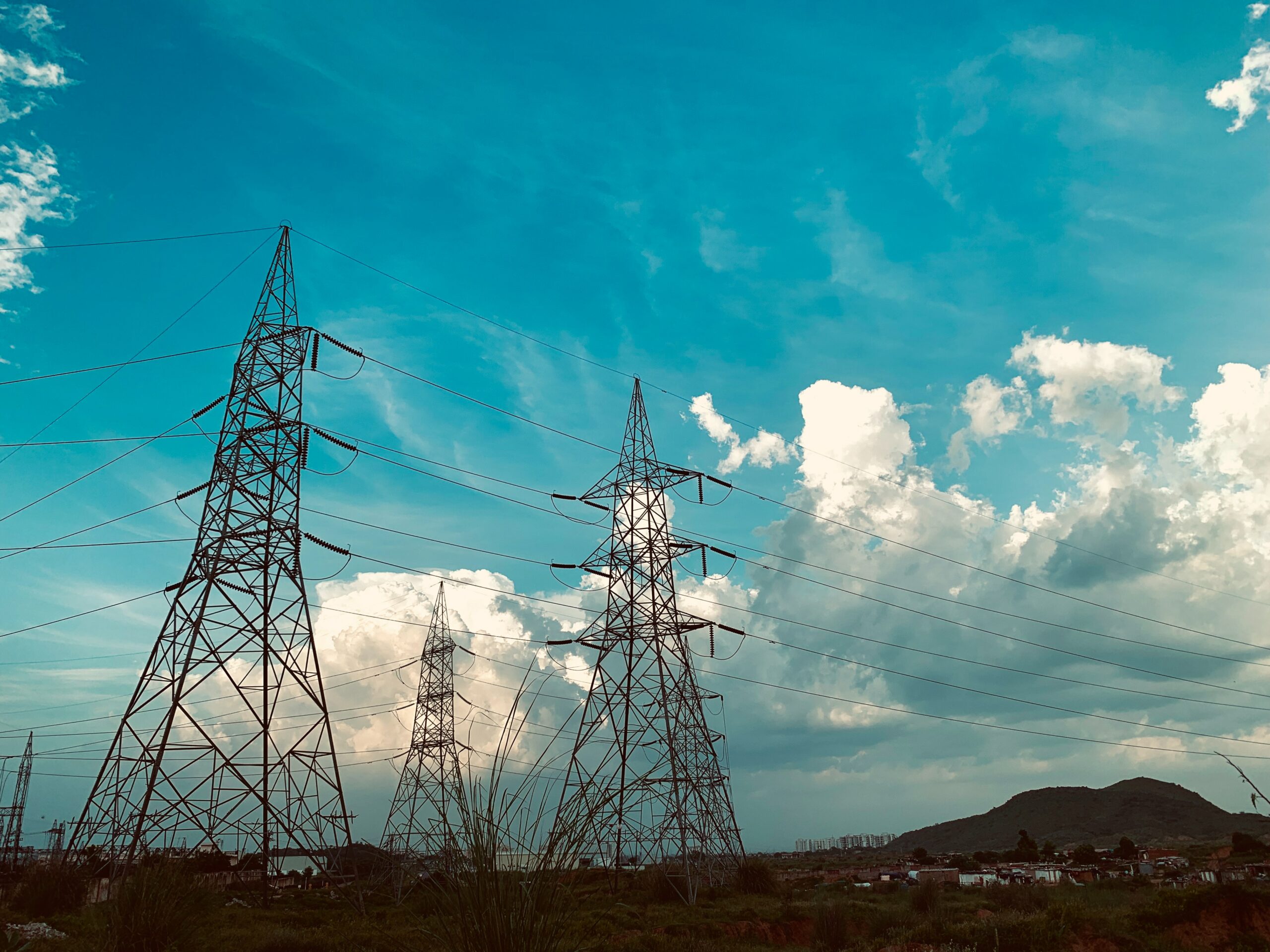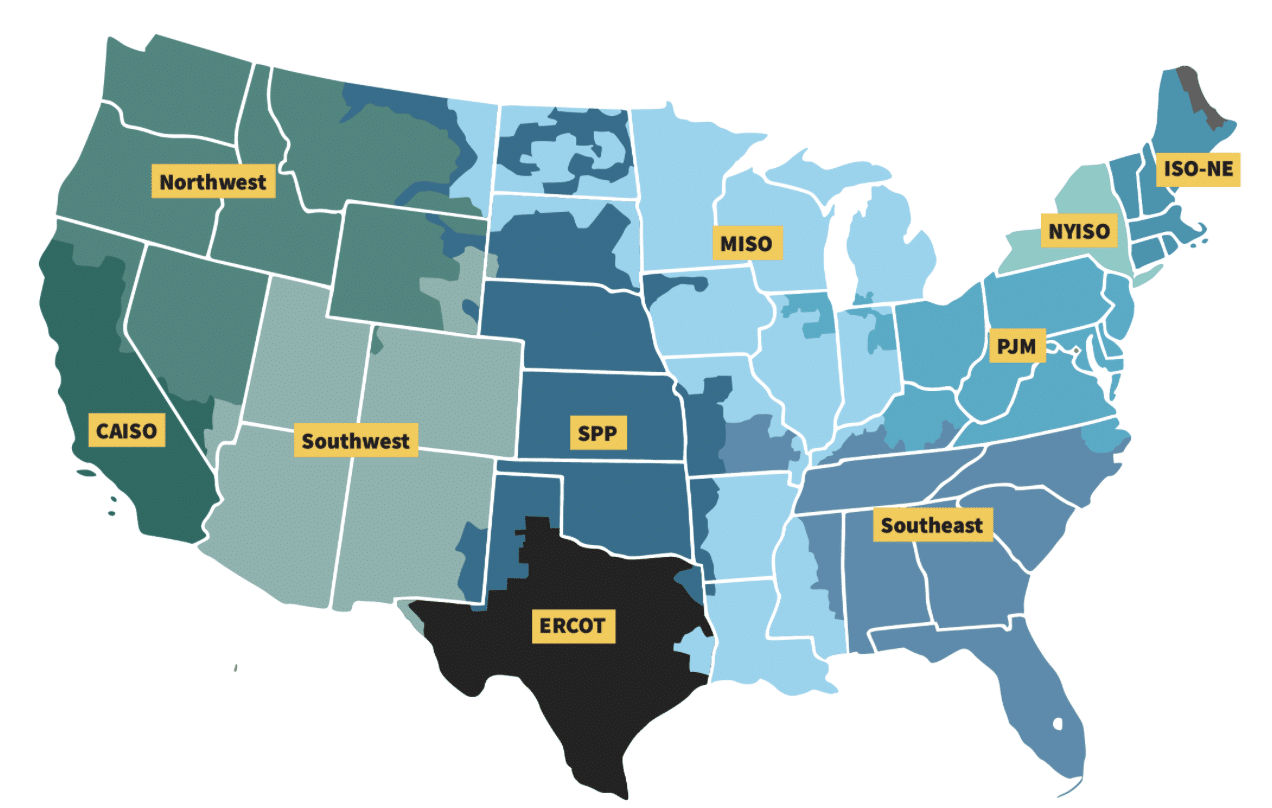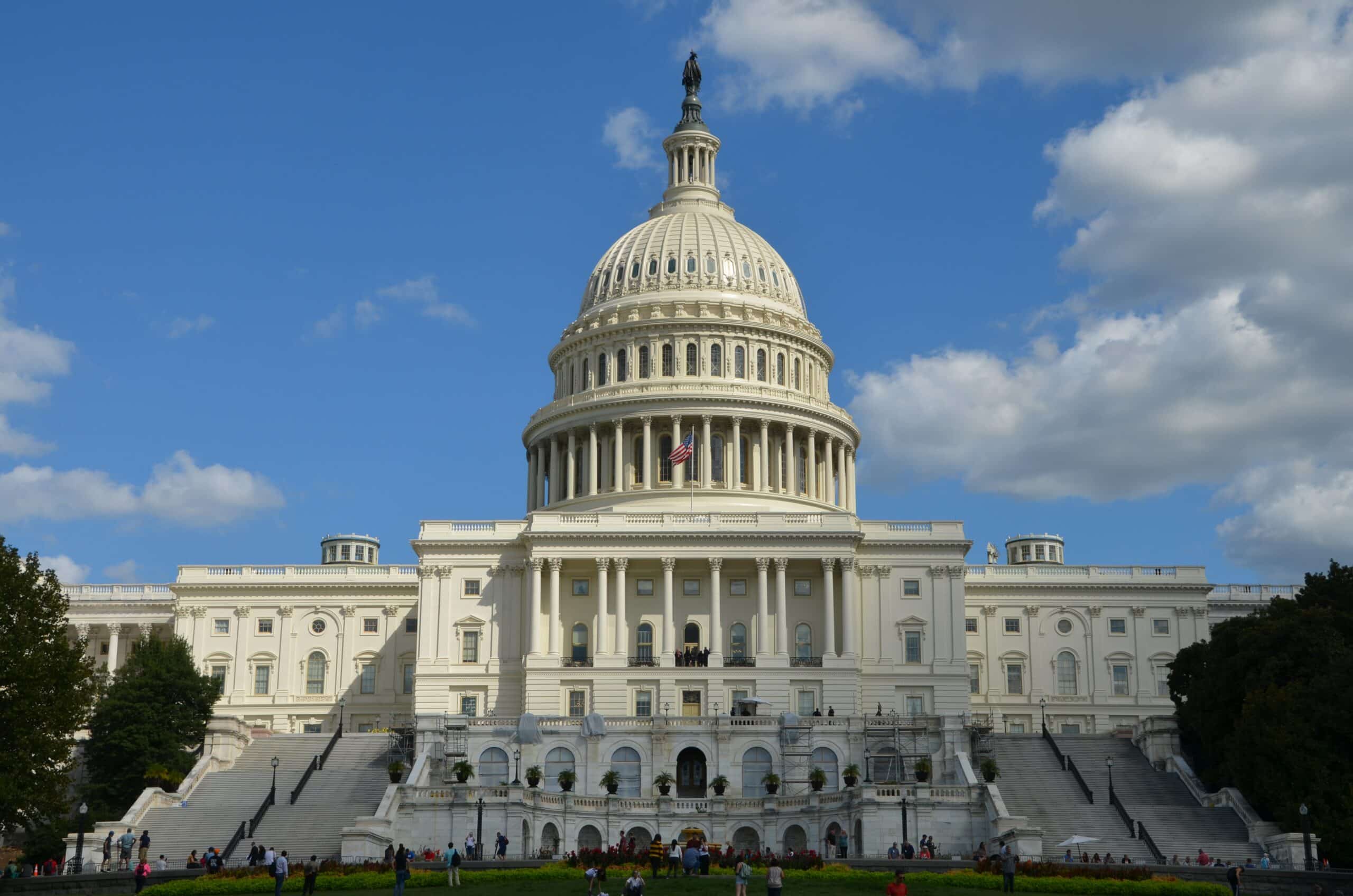Policy Priorities
Grid Action supports legislation that will help the U.S. rapidly scale up its transmission infrastructure. Our areas of focus include:

Siting and Permitting Reform
Growth in electricity demand is rapidly outstripping the grid’s ability to deliver reliable and affordable power to all Americans. To accelerate construction of the high-capacity transmission lines needed to carry today's surging electricity demand, responsible siting and permitting reform can help. Specifically, Congress should:
♦ Provide parity between regionally significant transmission and other linear infrastructure through unified siting and permitting at a single federal agency.
♦ Require that the federal permitting process for regionally significant transmission take no longer than five years, from initiation, to pre-application, to issuance of a notice to proceed.
♦ Analyze transmission projects using a single environmental review, including corridor designation reviews.
♦ Prohibit federal agencies from delaying deadlines without applicant agreement while limiting delays to no more than six months (applicant requests for delays should be accommodated).
♦ Make available the Federal Power Act Section 216(h) appeals process in situations when a federal agency fails to make a designated deadline.
♦ Shorten judicial review of a final siting decision down from the current six years and make consistent with other infrastructure projects (e.g., the FAST Act provides two years for seeking an appeal).
♦ Include appropriate pre-application notice and consultation with stakeholders, as well as consideration of technical assistance and ongoing funding for impacted communities.

Interregional Planning and Cost Allocation
The Federal Energy Regulatory Commission (FERC) should issue a rulemaking within 180 days – and finalize a rule not later than one year after enactment – that establishes a minimum interregional transfer capability between any two Order No. 1000 planning regions. Specifically, such a rule should:
♦ Direct every region to develop an interregional planning process based on expected needs and net benefits over the next 20 years.
♦ Require all interregional plans to be completed within two years of enactment, updated every two years thereafter, and consider all potential transmission solutions regardless of regulatory or business model.
♦ Provide for predictable cost recovery and allocate costs roughly commensurate with benefits (e.g., improved reliability, enhanced resilience, less congestion, reduced power losses, greater carrying capacity, lower planning and operating reserve requirements, improved access to generation).
♦ Select projects meeting identified needs through a single, coordinated assessment using common metrics – including benefits, needs, and input assumptions.

Ensuring a Secure and Growing Domestic Supply Chain
To meet the urgent need for new transmission build and grid modernization, Congress should pursue policies that maximize the domestic production and/or reliable friend-sourcing of critical bulk power equipment.

Addressing Marketplace Uncertainty Related to Wildfire Liability Risk
Due to an increasing number of destructive wildfires across the country, utilities, transmission developers and domestic grid equipment providers face current financial risks which may impact their ability to enter into contracts for needed transmission build. Recognizing the critical importance of financially viable counterparties in the transmission ecosystem, Congress should address marketplace uncertainty and create the conditions for marketplace participants to continue to enter into contracts for needed transmission build.

Supporting Federal Investments in Transmission, Grid Expansion, and Grid Resilience
Congress should maintain or increase federal investments in transmission, grid expansion, and grid resilience, including but not limited to:
♦ Department of Energy (DOE) Office of Electricity and LPO
♦ Grid Deployment Office (GDO) Transmission Facilitation and Transmission Facility Financing Programs
♦ GDO Grant Programs
♦ Department of Agriculture Rural Energy for America Program

Creating a Transmission Investment Tax Credit
A transmission investment tax credit would help build the transmission needed to ensure grid reliability while lowering electricity costs for ratepayers. Such a credit should:
♦ Provide a 30% investment tax credit to a limited number of regionally significant transmission lines.
♦ Define “regionally significant” as being a minimum of:
◊ 750 MW or 345 kV
◊ Extending over at least two states (or one state and the outer-continental shelf) or 150 miles.
♦ Apply to 750 MW circuits that can be aggregated in the same right-of-way for offshore wind.
♦ Include upgrades of at least 500 MW and shared network interconnection facilities of at least 230 kV.
♦ Incorporate the same duration, domestic content and labor standards, and monetization options as similar energy infrastructure credits.
Success Stories
Learn about recent steps Congress and the executive branch have taken to accelerate modernization of our grid.
Building a Modern Grid
Lorem ipsum dolor sit amet, consectetur adipiscing elit. Ut elit tellus, luctus nec ullamcorper mattis, pulvinar dapibus leo.
